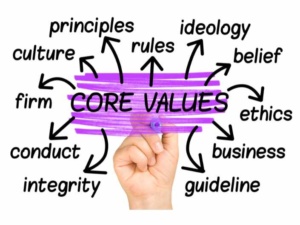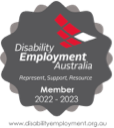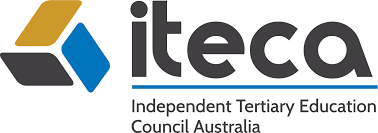
How to Identify your Strengths and Skills
Identifying your skills and strengths can be a helpful exercise to better understand yourself and guide your career or personal development.
This FREE step-by-step guide with additional resource links to help you identify your skills and strengths:

Draw on Past Experience
Reflect on your experiences:
Think about the tasks and activities you have done in the past, whether in your personal life, school, or work. What did you enjoy doing? Things you learnt quickly or excelled in? Start writing them down
Quickly identify what areas you can align to things you have done in your past, team captain, debate team, sports, work etc.

Transferable Skills
Make a list of your skills: Write down as many skills as you can think of, both hard and soft skills. Hard skills are specific abilities or knowledge that are often technical, such as programming or financial analysis. Soft skills are more general and relate to how you interact with others, such as communication or leadership.
Take this FREE Quiz
Quick and easy, select the picture on each screen that most applies to you and, you will get a guide of your strengths and skills to add to your resume.

Consider your Values
Reflect on your experiences:
What is important to you? What motivates you? Your values can often be a strong indicator of your strengths, as they are often closely aligned. Start writing them down
CLICK HERE TO Identify you CORE VALUES

Seek Feedback
Ask friends, family, colleagues, or mentors for their perspective on your skills and strengths. They may be able to provide valuable insight that you may not have considered.
Practice & Develop your Skills and Strengths
Now that you have identified your skills and strengths, consider ways to continue developing them. This could be through taking classes, volunteering, or seeking out new opportunities that allow you to use and grow these skills.
Sometimes you have to look at things a little deeper to find your strengths. Unexpected praise for something you didn’t put much effort into could be a sign. So could a compliment buried within a criticism. If people talk your ear off, you might be a good listener. If people consistently come to you for advice, you might be a good leader or problem-solver.
Life has a way of showing you your strengths if you pay attention.

Practive & Develop your Skills and Strengths
By going through this process, you should have a better understanding of your skills and strengths, which can help you make informed decisions about your career and personal development.

Tursa Employment & Training acknowledges the traditional owners and custodians of country throughout Australia and acknowledges their continuing connection to land, water and community. We pay our respects to the people, the cultures and the elders past, present and emerging.












